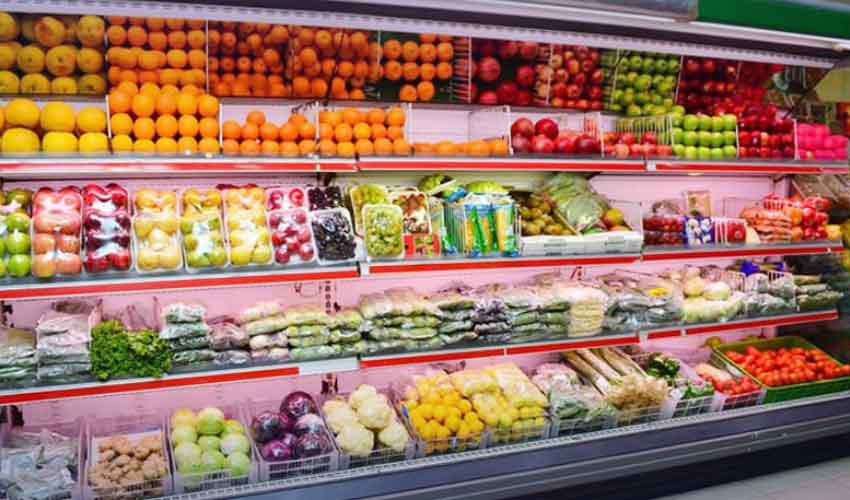TRADE & ECONOMY

Pakistan has experienced a notable decline in its food import bill during the first two months of the current financial year, with recent data from the Pakistan Bureau of Statistics revealing an 18% drop. The total food import expenditure has decreased to $1.06 billion, reflecting a significant reduction in the country’s dependency on imported food items.
The most pronounced reduction was observed in milk imports, which saw a 23% decrease, bringing the total import bill for milk down to $19 million. This decrease highlights a shift in consumer preferences or improved domestic production capabilities.
Tea imports also experienced a substantial decline, with the volume falling from 46,451 tonnes to 38,847 tonnes. Consequently, the import bill for tea reduced from $110 million to $97.9 million, indicating a decreased demand or a potential shift towards alternative sources.
Soybean imports saw the most dramatic percentage decrease, plummeting by 52% to just $22.2 million. This sharp decline could be attributed to various factors, including changes in agricultural practices or adjustments in import strategies.
Palm oil imports, a key component of Pakistan's food import portfolio, experienced a 10% drop, resulting in a total import cost of $495.9 million. The import of pulses also followed the downward trend, decreasing by 21% to $133 million. Additionally, the import bill for various other food grains fell by 33%, amounting to $245.3 million.
This overall decline in food imports underscores Pakistan's ongoing efforts to manage its import bill amidst economic challenges. The reduction in reliance on imported food items reflects broader strategies aimed at improving domestic food security and reducing external economic pressures.




